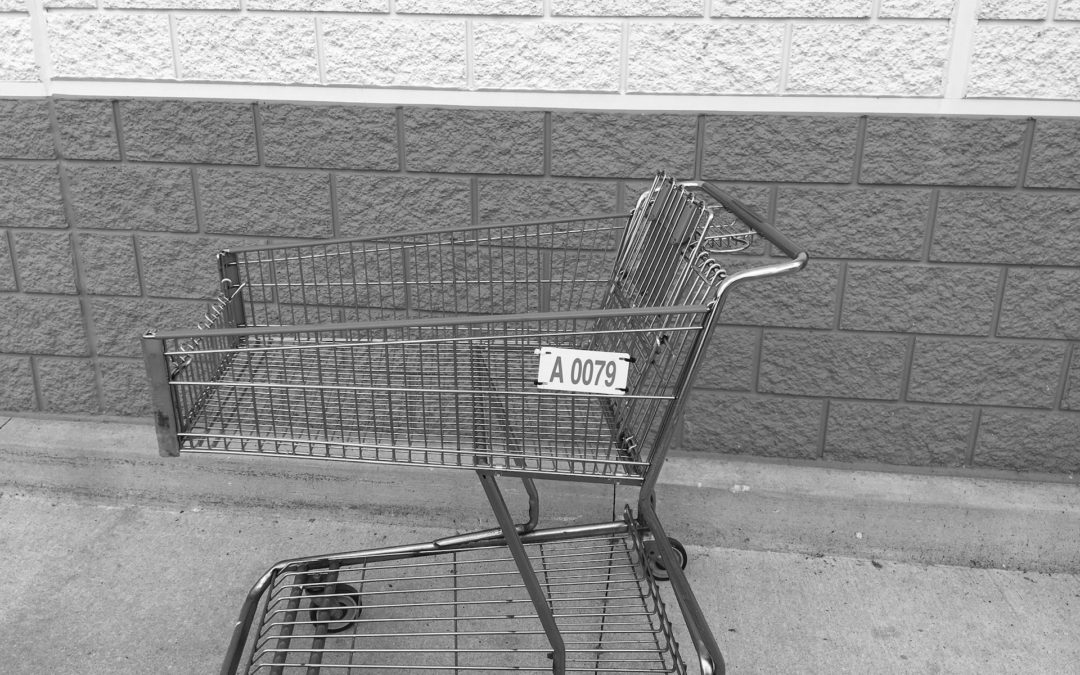Typically I refrain from offering specific “how-to” steps toward a desired outcome. My mindset is usually focused on discerning and discussing principles which can then be applied to life on an individual level. I often scoff at universal “how-to’s” as I think they forego the importance of subjective context and limit personal creativity. BUT I’ll share this post and personal process as it may be helpful or serve as an example for further individual interpretation.
The positive significance that gratitude can have on mental health has been discussed plenty out in the world. And I discussed some increased depth to the concept here.
So if we can all agree that gratitude is important, how then do we do it?
Lately I’ve been working on the idea of trying to reserve judgement in order to not be critical of others. Criticizing is something I’ve found easy to get caught up in. And when this happens, my own contentment is disrupted. So what I’ve been practicing is to reserve judgement, and give the benefit of the doubt. This involves entertaining explanations that are not my typical, quick, often chastising evaluations of others and their choices and behaviors.
There always exists multiple potential reasons as to why something is the case, and I’m very quick to jump to the one that allows me to disparage others.
By creating judgement, I eliminate the other potential reasons from being considered and my determination becomes my truth.
We all create judgements, but mine can easily be ’negatively’ skewed toward moral judgement; that the person, or their choices, are bad or wrong.
A prime example is grocery shopping. I find myself looking at someone’s cart in line, forming an opinion, often that the food choices represented are horrendous. I then look at the person behind the cart and form a judgement. This judgement is often of the sort that the person is unhealthy and even lazy, undisciplined in life, etc. Why, just look at what they eat! This is a neat little judgement that is proven by the evidence at hand, and one I recognize as being extremely circular.
Why do this? What do I gain? A sense of self-righteousness? For what? The cost is two-fold. Selfishly, I disrupt my state of being due to feelings of frustration and irritation that result.
And, more importantly, this judgement assuredly leads me to being not as kind to others as I could be.
Both of which seem like sub-optimal ways to go about life.
Instead, I try to consider one or several of the other reasons for their choices. Perhaps it’s not that they are lazy, undisciplined and, in my estimation, bad or wrong. Perhaps they do not know how much of an effect diet can have on their life. Perhaps they don’t have the opportunity to read and learn about a healthy diet because they are working two jobs to feed their kids because they just left an abusive relationship. This is the act of giving the benefit of the doubt – to err on the side of non-fault toward that other person. And why not do this? I can’t possibly know their situation. I only know their presented behavior from my perspective. This hardly seems fair.
Also the use of such a narrow circular argument that leads me to my judgement is downright shameful as a practicing philosopher. And again, I’m hard-pressed to see the upside of doing it. But I can readily grasp the upside of not doing it.
I find this benefit of the doubt exercise difficult, but helpful. Helpful toward my overall satisfaction in life. Helpful also in being grateful. And here’s the bigger point:
By entertaining the potential for this non-fault, non-critical judgement explanation, I can then go a step further and reflect on my own choices and behavior, and experience gratitude in a very personal way.
That I can and do learn about what makes a healthy diet and why it’s important to overall health.
That I can afford healthier and plentiful food options.
I can therefore recognize my situation in relation to others, and be grateful for it. This does not disparage others. I’m not smuggling in a secret judgement by this recognition. I’m careful to reflect only on the reality of the situation. Only to reflect that I am able to live how I want.
And so it can then become a more fruitful circular process of being in a grateful state, then allowing the room to entertain these other potential explanations. And my satisfaction state of being at minimum remains where it is or even ticks up a bit. Hard to see the downside.

